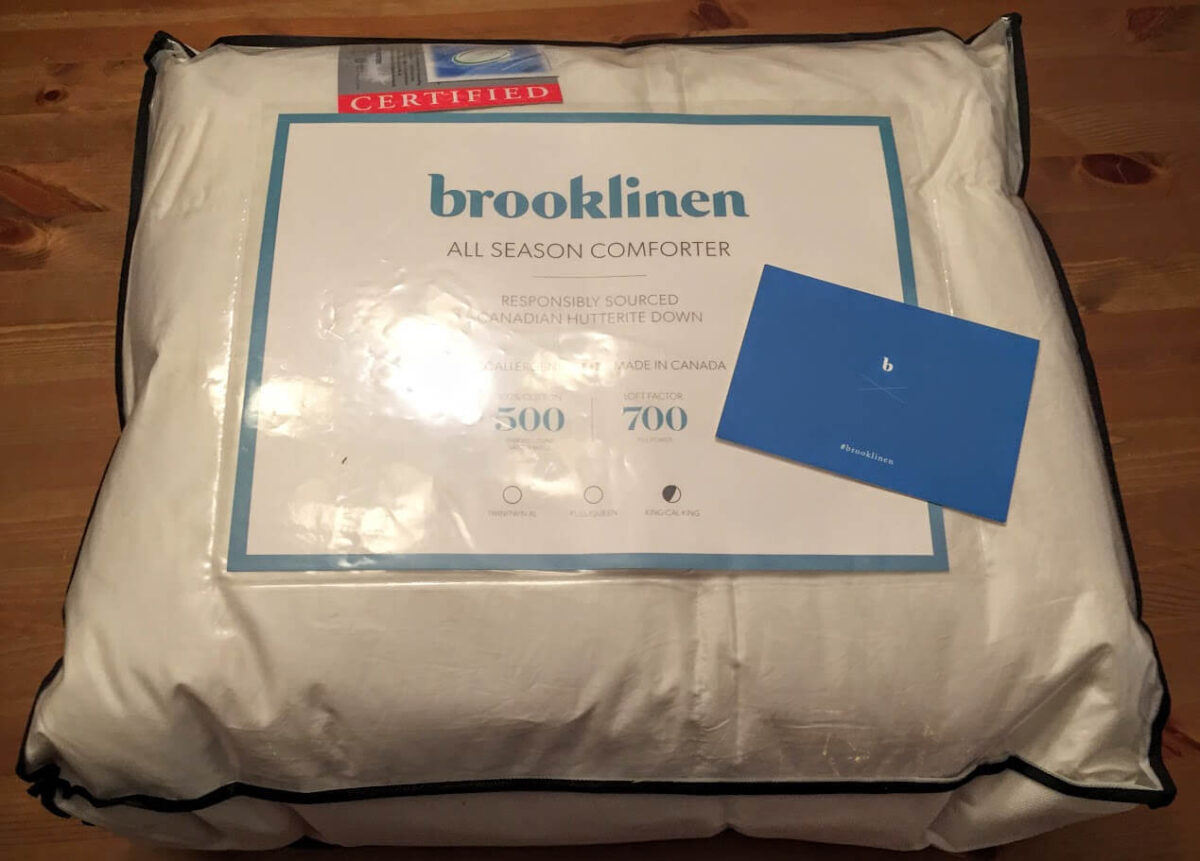Detailed Guide to Understanding Why Dogs Sleep So Much
Why Do Dogs Sleep So Much?
Have you ever wondered why your furry friend seems to spend so much time snoozing? Understanding why dogs sleep so much can give you valuable insights into their health and well-being. Dogs, in general, require significantly more sleep than humans, typically averaging between 12 to 14 hours a day. Even more surprisingly, puppies and older dogs may sleep anywhere from 18 to 20 hours each day!
At Yawnder, we are dedicated to helping pet owners decode their dogs’ sleep patterns. Recognizing the reasons behind these extensive sleep hours can help you ensure your dog is not only well-rested but also healthy.
I’m Ben Trapskin, founder of Yawnder. My fascination with sleep, along with its impact on daily life, drives my commitment to understanding canine sleep patterns. A deeper knowledge of your dog’s sleep behavior is essential for promoting a healthy, happy life for every member of your family—human and canine alike.
How Long Do Dogs Sleep Per Day?
Factors Influencing Sleep Duration
Dogs experience sleep in different ways, and several key factors affect how long they sleep each day:
1. Age: Puppies require a hefty dose of sleep, usually around 16 to 19 hours daily. Their rapid growth and exploration deplete their energy, making sleep vital for brain and body development. Conversely, senior dogs typically need 12 to 15 hours of sleep. Aging dogs tire more easily and require extra rest for recovery.
2. Breed: The dog’s breed significantly affects sleep needs. Larger breeds, such as Great Danes and Mastiffs, can spend up to 18 hours snoozing due to their larger bodies requiring more recovery time. In contrast, smaller breeds like Chihuahuas or Toy Poodles usually sleep about 14 to 16 hours a day, often remaining more active.
3. Activity Level: Active working breeds, like Border Collies and German Shepherds, tend to sleep less, typically ranging from 10 to 14 hours, as they are bred for tasks that require vigilance. However, dogs with lower activity levels may sleep more.
Recognizing your dog’s sleep needs is crucial for ensuring their well-being. If you notice sudden changes in their sleep patterns, it could warrant a trip to the vet.
Why Do Dogs Sleep So Much?
Understanding the reasons behind your dog’s extended sleep hours can elucidate their overall health and behavior.
Age and Life Stage
– Puppies: The intense energy of puppies necessitates ample sleep—up to 20 hours daily. This duration is essential for their development, fostering their physical and mental growth.
– Senior Dogs: Older dogs also sleep more, requiring approximately 12 to 15 hours daily. They may need extra rest to recuperate from everyday activities as they age.
Health and Medical Conditions
Health issues can significantly affect your dog’s sleep requirements. Illnesses like arthritis, diabetes, and hypothyroidism may lead to increased lethargy. If your dog’s sleep patterns become erratic or they show signs of distress, consulting your veterinarian is advisable.
Activity Levels and Diet
The number of hours your dog sleeps can also be influenced by their activity level. Highly active dogs tend to sleep less, while those with lower activity levels may seek additional sleep. Moreover, a proper diet is essential; deficiencies in nutrients can lead to fatigue and increased sleep.
Understanding Dog Sleep Cycles
The Uniqueness of Canine Sleep
Dog sleep cycles diverge considerably from human sleep cycles. Let’s explore these intriguing patterns:
REM Sleep in Dogs
During REM (Rapid Eye Movement) sleep, dogs can exhibit twitching, paw movements, or even soft vocalizations—indicators that they might be dreaming! Research reveals dogs experience REM sleep similarly to humans, though their cycles are shorter. Smaller dogs often dream every 10 minutes, while larger breeds might enter REM every 60 to 90 minutes.
Non-REM Sleep
Non-REM sleep includes lighter stages as well as restorative sleep, promoting body recovery. The stages include:
– Light Sleep: Dogs can be easily awakened during this phase.
– Deep Sleep: This critical phase restores tissues, builds muscle, and strengthens the immune system.
Dogs enter REM sleep just after about 10 minutes of slumber—significantly faster than humans, who typically take longer. Understanding these sleep cycles clarifies why dogs frequently wake and fall back asleep.
When to Worry About Your Dog Sleeping Too Much
Identifying Red Flags
While dogs naturally sleep a lot, sudden changes in sleep patterns can indicate health issues:
1. Sudden Increase in Sleep: A considerable increase in sleep could suggest serious health concerns, such as arthritis or heart conditions. If your normally energetic dog begins sleeping excessively, it’s essential to visit a vet.
2. Lethargy: Dogs that exhibit reduced energy while awake may be facing health or behavioral issues. Disinterest in activities they typically enjoy is another warning sign to look out for.
3. Behavioral Changes: Watch for other physical or behavioral shifts, such as appetite changes, weight gain or loss, vomiting, or respiratory difficulties. These symptoms often accompany sleep irregularities.
If you notice any of these indicators, timely consultation with your veterinarian is crucial for diagnosis and treatment.
Frequently Asked Questions About Why Dogs Sleep So Much
Is It Normal for My Dog to Sleep All Day?
Absolutely! Most dogs sleep for about 12 to 14 hours a day, with puppies and seniors even necessitating more sleep. If your dog is healthy and active during their waking hours, frequent sleep usually isn’t a concern.
Do Dogs Get Bored Sleeping All Day?
Dogs generally don’t experience boredom from sleep like humans do. However, they require adequate mental and physical stimulation. Engaging them in play, walks, and training can keep their spirits high.
Do Dogs Dream?
Yes, dogs are known to dream! This occurs primarily during the REM phase of their sleep. If you see your dog twitching or moving, it’s likely they are dreaming.
By understanding your dog’s sleep habits, you can cater to their specific needs and ensure they remain healthy and content. For more tips on creating a comfortable sleep environment for your dog, explore our resources on sleep health!



















